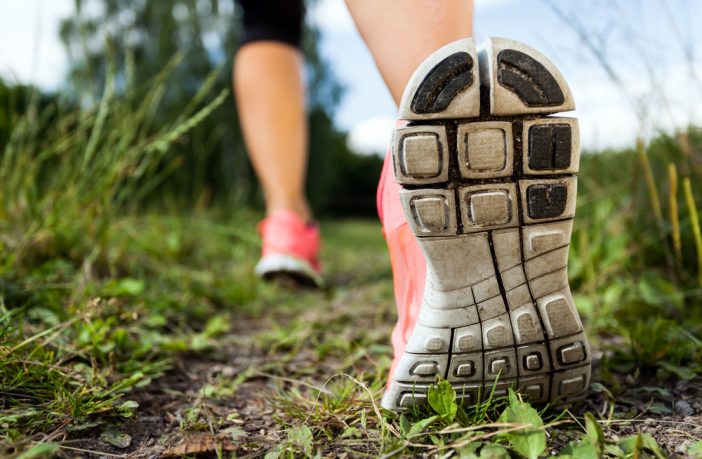What impact does exercise have on mental health? Lecturer in Sport and Fitness at The Open University, Karen Howells, provides expert insight into why exercise could improve your mental health.
Mental health isn’t just the absence of illness
“We know exercise is good for us; physically it can prevent diseases such as diabetes and keep us at a healthy weight. It can also have a positive impact on our mental health, particularly on anxiety and depression, and general stress. However, mental health is not just the absence of a mental illness, it is also how we feel about ourselves such as our mood and self-esteem – these are all things that benefit from regular exercise.”
The chemistry of exercise
“The physiological explanation of why exercise can impact on our mental health is that it boosts dopamine and serotonin levels, and releases endorphins. Dopamine and serotonin have a positive effect on our attention levels so we feel more engaged as a result; endorphins can boost our mood.”
Social element of exercise improves wellbeing
“Particularly with running, there is a social element, which can boost our mental wellbeing. For example, if you run with like-minded people, it can enhance your sense of belonging, and self-worth . Running in itself is also a distraction and provides a space for positive thoughts, and reduces the negative elements that are often characteristic of depression.”
 How to start running
How to start running
“Although we may all start with the best of intentions, having some structure and setting goals can increase the likelihood that we are going to continue after that first day! If you’re not a runner a good way to start is with something like the exercise programme, Couch to 5K ,which is an effective structure and sets you short term goals.
“Social support is important early on to ensure people stick with what they are doing as often there are good intentions, however, these can easily fall away.”
Reverse effect in professional athletes
“There is a flip side to exercising and mental health, which is the pressure that elite athletes feel when competing at the top of their game. The stigma attached to poor mental health generally in society is amplified for elite athletes who are expected to be mentally tough.
“Mental health issues challenge elite athletes’ identities – competing and their sport is their life and failure to live up to their own expectations ,and the pressures imposed by themselves and their coaches can be devastating.”
Find out more
Learn more about mental health problems, wellbeing and ways to alleviate stress with our free courses, interactives and articles written by our academic experts
Complete our free course in exercise and mental health
Want to study one of The Open University courses in Sport and Fitness



